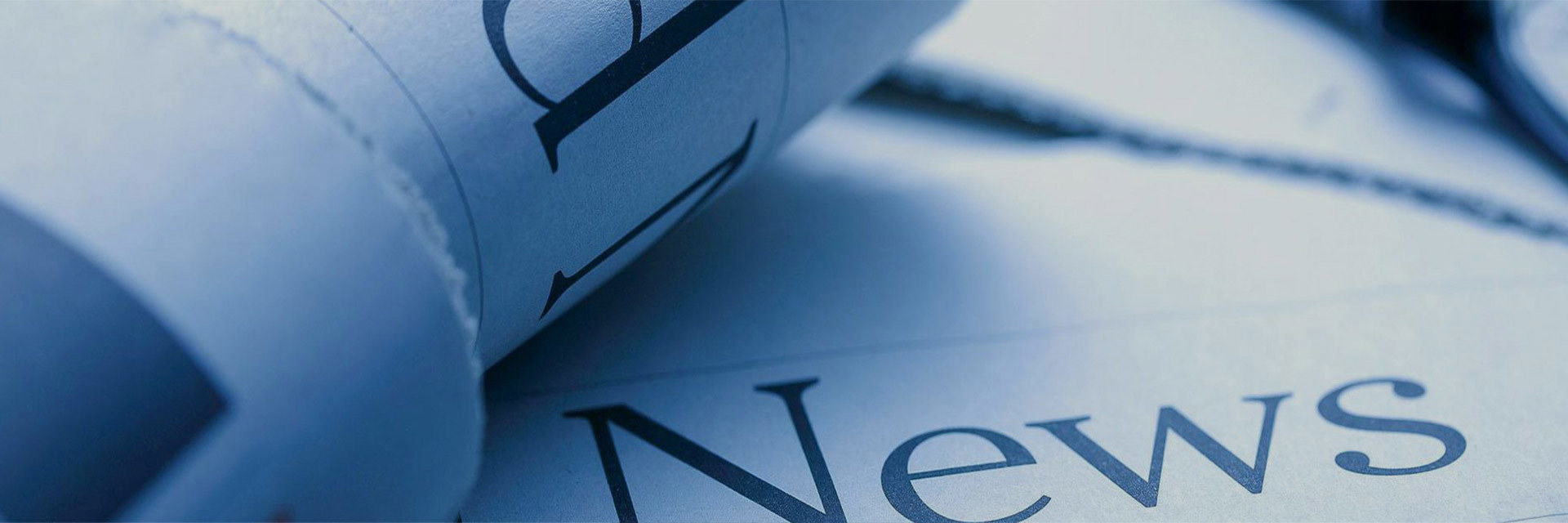Why Choose Polyurethane Lined Pipes for Enhanced Durability in Chemical Applications
Release time:
2025-07-02
Why Choose Polyurethane Lined Pipes for Enhanced Durability in Chemical Applications Table of Contents 1. Introduction to Polyurethane Lined Pipes 2. What Are Polyurethane Lined Pipes? 3. Benefits of Polyurethane Lined Pipes 3.1 Exceptional Durability 3.2 Corrosion Resistance 3.3 Cost Efficiency 3.4 Versatility in Applications

Why Choose Polyurethane Lined Pipes for Enhanced Durability in Chemical Applications
Table of Contents
- 1. Introduction to Polyurethane Lined Pipes
- 2. What Are Polyurethane Lined Pipes?
- 3. Benefits of Polyurethane Lined Pipes
- 3.1 Exceptional Durability
- 3.2 Corrosion Resistance
- 3.3 Cost Efficiency
- 3.4 Versatility in Applications
- 4. Construction Methods of Polyurethane Lined Pipes
- 5. Applications of Polyurethane Lined Pipes
- 6. Environmental Impact of Polyurethane Lined Pipes
- 7. Maintenance Tips for Polyurethane Lined Pipes
- 8. Conclusion
1. Introduction to Polyurethane Lined Pipes
In the realm of chemical processing and handling, the choice of piping materials plays a critical role in the efficiency and safety of operations. **Polyurethane lined pipes** have emerged as a leading solution, renowned for their exceptional durability and resistance to various operational stresses. Understanding the advantages these pipes offer can significantly impact operational efficiency, safety, and overall maintenance costs.
2. What Are Polyurethane Lined Pipes?
Polyurethane lined pipes are composite structures, typically made by reinforcing traditional pipe materials such as steel or PVC with a layer of polyurethane. This lining provides an additional barrier against wear, corrosion, and chemical damage, making them ideal for transporting aggressive substances in various industries, including chemical, food, and mining sectors. Their unique composition allows them to perform optimally under extreme conditions, thereby enhancing their lifespan and reliability.
3. Benefits of Polyurethane Lined Pipes
The benefits of polyurethane lined pipes extend beyond mere functionality. Below are some key advantages that make them a compelling choice for various applications.
3.1 Exceptional Durability
One of the standout characteristics of polyurethane lined pipes is their remarkable **durability**. The polyurethane material is highly resistant to impacts, abrasions, and mechanical stress. This durability translates into fewer repairs and replacements over time, providing a reliable solution for industries that require consistent performance under pressure.
3.2 Corrosion Resistance
Corrosion is a significant concern in many industrial processes, particularly those involving chemicals that can degrade traditional piping materials. Polyurethane acts as a protective barrier, preventing corrosive substances from coming into direct contact with the pipe material. This resistance not only extends the lifespan of the pipes but also mitigates the risk of leaks and safety hazards, making them an excellent choice for hazardous material transport.
3.3 Cost Efficiency
While the initial investment in polyurethane lined pipes may be higher than conventional piping solutions, their long-term **cost efficiency** becomes apparent through reduced maintenance needs and extended service life. Companies can save significantly on both repair costs and downtime, ultimately leading to increased profitability.
3.4 Versatility in Applications
Polyurethane lined pipes are not confined to a single industry; their versatility makes them suitable for a wide range of applications. Whether it's in chemical processing, wastewater treatment, or even food and beverage production, these pipes can handle various materials and environments with ease. This adaptability is a major advantage for businesses seeking multi-functional solutions.
4. Construction Methods of Polyurethane Lined Pipes
The construction of polyurethane lined pipes involves several steps to ensure optimal performance and longevity. Typically, the process includes selecting the base pipe material, preparing the surface for adhesion, applying a polyurethane lining, and curing the final product.
1. **Base Material Selection**: Choosing the right base material is crucial. Steel and PVC are commonly used due to their strength and availability.
2. **Surface Preparation**: The base pipe's surface must be thoroughly cleaned and prepared to ensure a strong bond with the polyurethane lining.
3. **Polyurethane Application**: The polyurethane is then applied, often through a spraying or pouring technique, to achieve a uniform coating.
4. **Curing Process**: Finally, the lined pipe undergoes a curing process, where it is heated or left to harden at room temperature, solidifying the bond between the layers.
This meticulous construction allows for high-quality and durable piping solutions capable of withstanding the most demanding environments.
5. Applications of Polyurethane Lined Pipes
Polyurethane lined pipes find application in various sectors due to their unique properties. Some common uses include:
- **Chemical Transport**: Ideal for moving aggressive chemicals, reducing the risk of leaks and corrosion.
- **Mining Operations**: Used for transporting slurries and tailings, where durability and wear resistance are critical.
- **Food Processing**: Safe for carrying food-grade materials, ensuring compliance with health regulations.
- **Wastewater Management**: Effective in handling sewage and industrial waste, minimizing corrosion and wear.
- **Oil and Gas**: Suitable for transporting hydrocarbons and other materials, where integrity is paramount.
The adaptability of polyurethane lined pipes makes them invaluable across these diverse applications.
6. Environmental Impact of Polyurethane Lined Pipes
In today's world, environmental sustainability is a significant concern. Polyurethane lined pipes contribute positively in several ways. Their durability reduces the frequency of replacements, leading to fewer resources consumed over time. Moreover, their resistance to leaks minimizes the risk of environmental contamination, safeguarding ecosystems from harmful substances. This environmentally friendly profile enhances their appeal as businesses increasingly prioritize sustainable practices.
7. Maintenance Tips for Polyurethane Lined Pipes
To ensure the longevity and performance of polyurethane lined pipes, regular maintenance is essential. Here are some practical tips:
- **Routine Inspections**: Periodically inspect the pipes for any signs of wear, corrosion, or damage to address issues before they escalate.
- **Cleaning**: Maintain cleanliness to prevent buildup of residues that could compromise pipe integrity.
- **Monitor Operating Conditions**: Keep an eye on the operating conditions such as temperature and pressure, ensuring they remain within the recommended limits.
- **Prompt Repairs**: Address any minor damages immediately to prevent them from worsening.
Regular maintenance not only prolongs the lifespan of the pipes but also ensures optimal performance in transporting materials.
8. Conclusion
In conclusion, **polyurethane lined pipes** are an exceptional choice for industries demanding reliability, durability, and cost-effectiveness. Their unique properties, including resistance to wear and corrosion, versatility in applications, and overall efficiency, make them a leading solution in the field of piping systems. By understanding the benefits and proper maintenance of these pipes, companies can enhance their operational efficiency and ensure safety in transporting various materials. Investing in polyurethane lined pipes is not just a smart choice; it’s a commitment to quality and sustainability in industrial operations.
FAQs
What are the advantages of polyurethane lined pipes over traditional pipes?
Polyurethane lined pipes offer superior durability, corrosion resistance, and reduced maintenance costs compared to traditional pipes, making them a cost-effective solution for various applications.
How long do polyurethane lined pipes typically last?
With proper maintenance, polyurethane lined pipes can last significantly longer than traditional pipes, often exceeding 20 years in many applications.
Are polyurethane lined pipes suitable for high-temperature applications?
Yes, polyurethane lined pipes are designed to withstand high temperatures, but it is essential to confirm the specific temperature ratings with the manufacturer.
Can polyurethane lined pipes be recycled?
While polyurethane is not as easily recyclable as other materials, many manufacturers are exploring sustainable disposal options to minimize environmental impact.
What industries commonly use polyurethane lined pipes?
Industries such as chemical processing, food and beverage, mining, wastewater management, and oil and gas frequently utilize polyurethane lined pipes due to their unique benefits.
Key word:
Polyurethane lined pipe
Recommended



